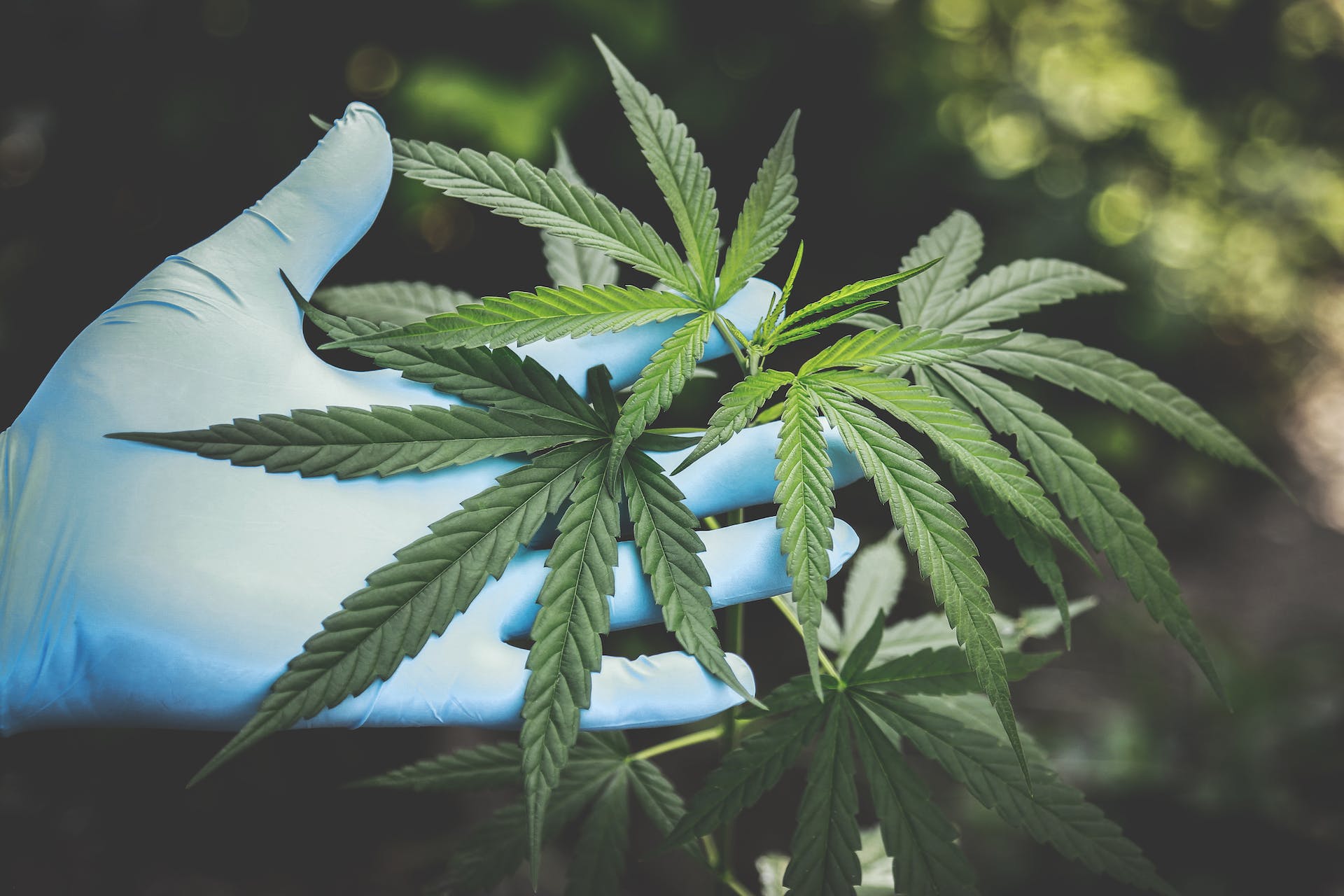Breaking Down the Facts: How Long Does Marijuana Stay Detectable in the Body?
by duncan Winter on Jul 11, 2024

Understanding how long marijuana stays detectable in your body is crucial for various reasons, be it for personal health, employment, or legal concerns.
This blog will break down the factors that influence the detection window of marijuana in your system, focusing on blood tests, and provide answers to some common questions about drug testing.
How Long Does Marijuana Stay in Blood?
The detection window of marijuana in the blood can vary based on several factors. Typically, THC, the active component in marijuana, is detectable in blood for a shorter period compared to other methods like urine or hair tests.
Here's a more detailed look at the detection times:
1. Occasional Users: For those who use marijuana occasionally (one or two times), THC can be detectable in the blood for up to 24-48 hours after use.
2. Regular Users: For individuals who consume marijuana regularly, THC might be detectable for up to 7 days after the last use.
3. Chronic Heavy Users: For chronic heavy users, THC can be detectable in the blood for several weeks, depending on the frequency and amount of usage.
Factors Influencing Detection Time
Several factors influence how long marijuana stays detectable in your blood:
- Frequency of Use: As mentioned, the more frequently you use marijuana, the longer it will stay in your system.
- Metabolism: Individuals with a faster metabolism will process and eliminate THC more quickly than those with a slower metabolism.
- Body Fat: THC is fat-soluble, meaning it can be stored in fat cells. People with higher body fat percentages may retain THC longer.
- Dosage and Potency: Higher doses and more potent strains of marijuana will result in longer detection times.
How Long Does Marijuana Stay in Other Parts of the Body?
While the blood has a relatively short detection window, other parts of the body can retain traces of marijuana for longer periods:
- Urine: THC can be detectable in urine for up to 30 days, especially in regular users.
- Saliva: Marijuana can be detected in saliva for up to 72 hours after use.
- Hair: Hair tests can detect marijuana use for up to 90 days, although this method is less common due to its higher cost and complexity.
Factors such as frequency of use, metabolism, body fat, and the potency of the marijuana all play crucial roles in determining how long THC remains detectable. For more detailed information, consulting medical professionals or addiction specialists can provide personalized insights and guidance.
Tips for Reducing Detection Time
If you're looking to reduce the time marijuana stays detectable in your system, there are several strategies you can consider.
- First, staying hydrated by drinking plenty of water can help flush out toxins, though it won't drastically reduce detection time.
- Regular exercise can boost your metabolism and help burn fat cells where THC is stored.
- Consuming a healthy diet rich in antioxidants can also support your body's detoxification processes.
- Additionally, consider avoiding fatty foods, as THC is fat-soluble and stored in fat cells.
→ While these tips may help, they are not guaranteed to eliminate THC quickly from your system.
Remember, while blood tests have a shorter detection window, other methods like urine and hair tests can detect marijuana use over a longer period. Stay informed and make responsible choices regarding marijuana use.
Explore Higher Quality Seed Corp for more such information.
FAQs
Not all drugs will show up in a standard urine test. Standard tests typically screen for common substances such as marijuana, cocaine, amphetamines, opiates, and PCP. However, specialized tests can be designed to detect a wider range of substances.
The time it takes for a drug to be cleared from the body depends on the specific substance, the amount taken, frequency of use, metabolism, and overall health of the individual. For marijuana, this can range from a few days to several weeks.
A daily smoker may take significantly longer to be clean compared to an occasional user. THC can be detectable in the urine of daily smokers for up to 30 days or more, and in the blood for up to several weeks.
The average lifespan of a smoker can be reduced by approximately 10 years compared to non-smokers. Smoking increases the risk of various health issues, including cancer, heart disease, and respiratory illnesses, all of which can contribute to a shorter lifespan.
Also read:- Detox Decoded: How Long Does It Take to Detox from Marijuana





